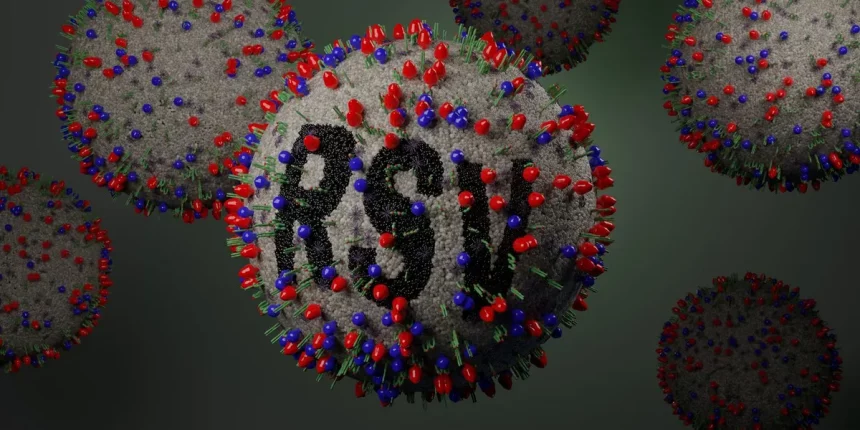Summer is here, but it’s important to start thinking about respiratory syncytial virus (RSV) before the season officially begins. According to the CDC, RSV season typically starts in the fall and peaks in the winter, coinciding with holiday gatherings and cold weather getaways. However, simple precautions like good hand hygiene and vaccination can help prevent the spread of RSV.
Who is at high risk for severe RSV? While most adults experience mild cold symptoms if infected, certain at-risk groups, including infants, people over 60, those with chronic lung and kidney disease, weakened immune systems, and residents of nursing homes, are more susceptible to severe complications from RSV.
Symptoms of RSV in adults are similar to a cold and include fever, cough, runny nose, and fatigue. Seek immediate medical attention if experiencing difficulty breathing, wheezing, or a bluish color to the skin.
RSV spreads through droplets from the nose or mouth and can survive on hard surfaces for hours. Prevent the spread by washing hands regularly, avoiding touching the face, and covering coughs and sneezes. Vaccination is also recommended for eligible individuals.
If exposed to RSV, symptoms typically appear within two to eight days and the virus takes three to eight days to run its course. People are most contagious during the symptomatic period but some individuals can spread the virus for up to four weeks.
Treatment for RSV involves rest, fluids, and symptomatic relief medications. Hospitalization may be necessary for severe cases. Serious health problems that can result from RSV include worsening of chronic conditions like COPD, pneumonia, and congestive heart failure.
To protect yourself and your family from RSV, practice basic health strategies like handwashing and staying home when sick. Specific immunizations are available for pregnant women, infants, and older adults. Discuss your risk for RSV with your healthcare provider to determine if vaccination is recommended for you.





